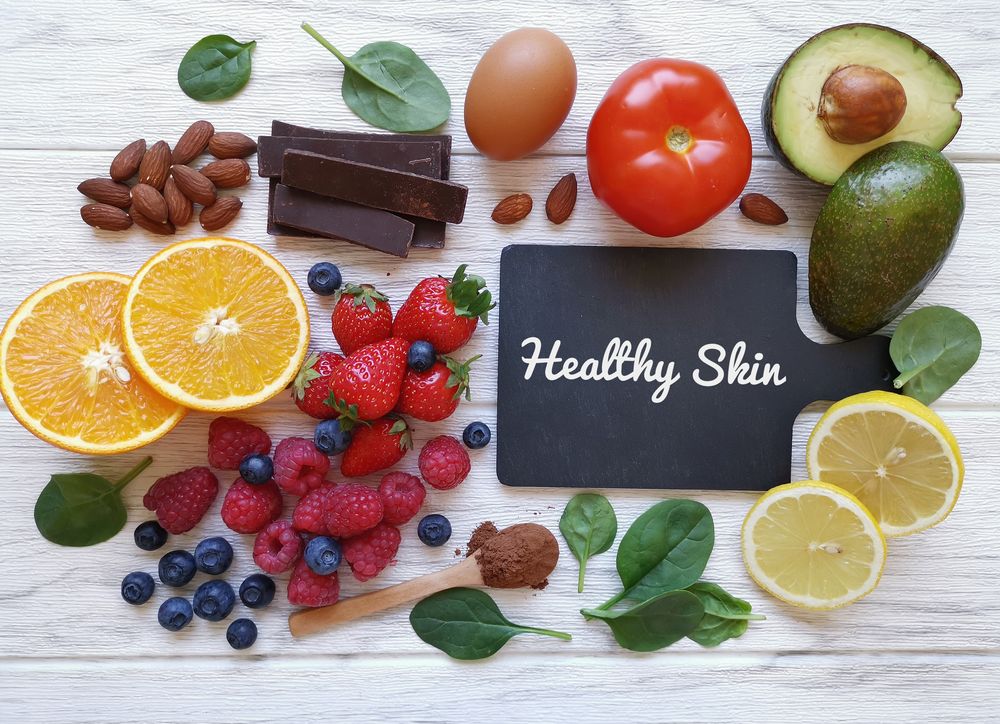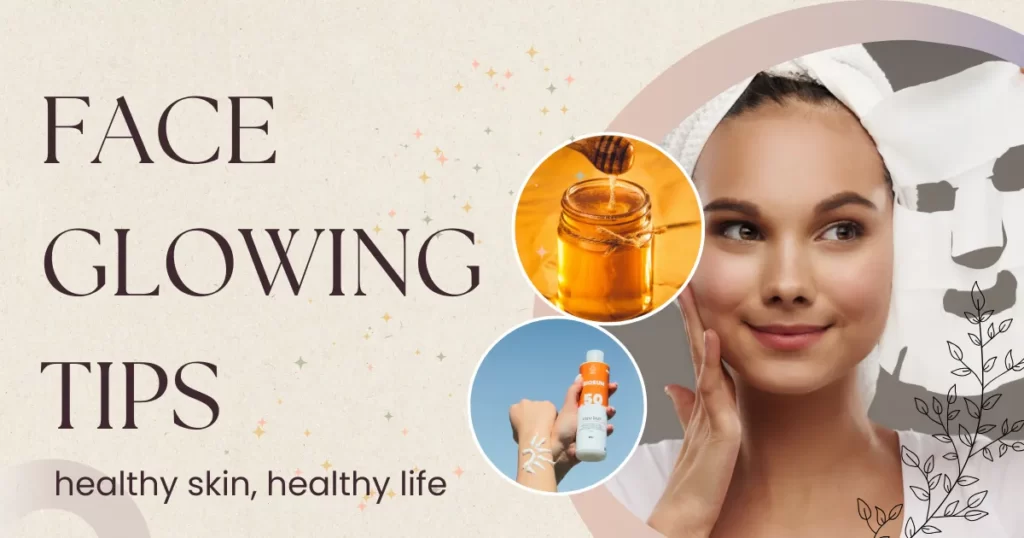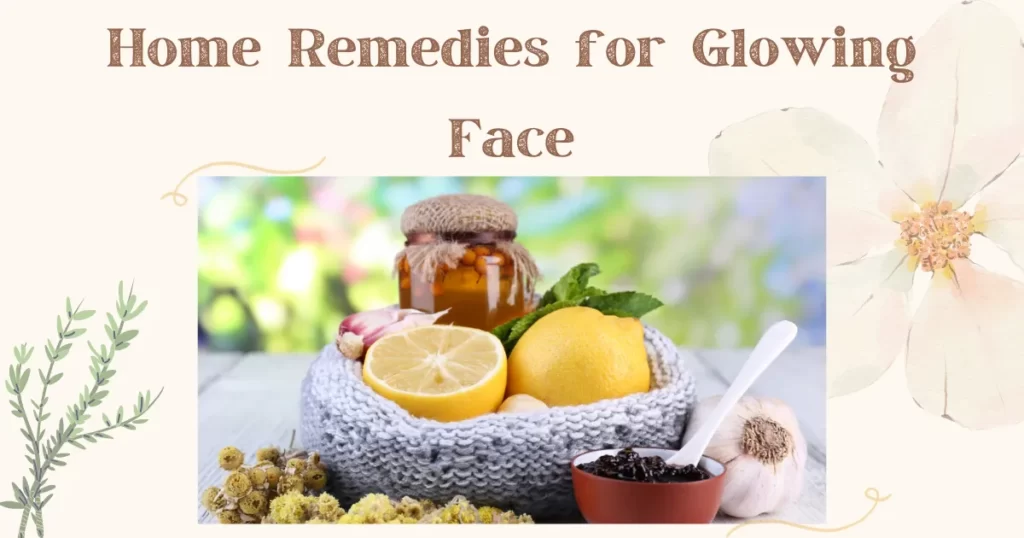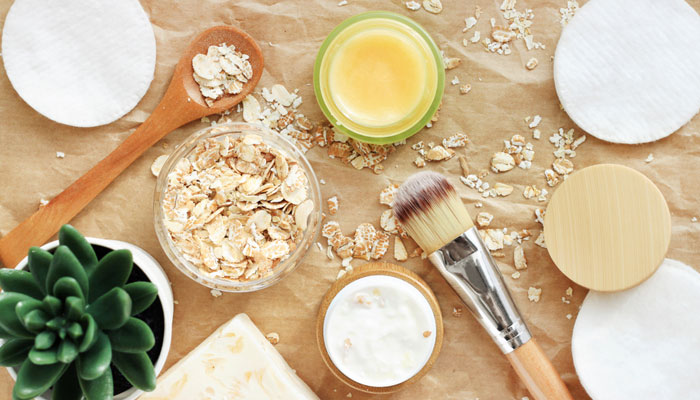Introduction To The Role of Diet in Perfect Skin Care
When it comes to achieving flawless and radiant skin, it’s not just about the creams and treatments you apply externally. Your diet plays a crucial role in maintaining healthy and beautiful skin from the inside out. In this article, we will explore the significant impact of dietary choices on your skin and provide insights into how you can optimize your eating habits for perfect skincare.

1. Hydration Is Key:
One of the fundamental aspects of skincare often overlooked is hydration. Drinking an adequate amount of water throughout the day helps maintain skin’s elasticity and moisture levels. Dehydrated skin can appear dull and prone to fine lines and wrinkles. Aim for at least 8 glasses of water daily to keep your skin plump and well-hydrated.
2. Antioxidant-Rich Foods:
Antioxidants play a vital role in protecting your skin from free radical damage, which can lead to premature aging and skin issues. Incorporate foods rich in antioxidants into your diet, such as:
– Berries (blueberries, strawberries, raspberries)
– Dark leafy greens (spinach, kale)
– Nuts (almonds, walnuts)
– Green tea
– Brightly colored vegetables (carrots, peppers)
These foods can help combat oxidative stress and promote a healthy complexion.
3. Omega-3 Fatty Acids:
Omega-3 fatty acids, found in fatty fish (salmon, mackerel, sardines), flaxseeds, and walnuts, have anti-inflammatory properties. They can help reduce redness and inflammation associated with skin conditions like acne and eczema. Including these foods in your diet may contribute to clearer skin and a more even complexion.
4. Collagen-Boosting Foods:
Collagen is essential for maintaining skin’s firmness and elasticity. As we age, collagen production decreases, leading to sagging skin and wrinkles. To support collagen production, include collagen-boosting foods in your diet, such as:
– Bone broth
– Citrus fruits (rich in vitamin C)
– Leafy greens
– Soy products
– Berries
Vitamin C, in particular, is crucial for collagen synthesis.
5. Limit Sugar and Processed Foods:
Excessive sugar consumption and highly processed foods can lead to inflammation and may worsen skin conditions like acne. Sugary foods can also cause glycation, a process that can make the skin lose its elasticity. Reducing your intake of sugary snacks, sodas, and processed foods can contribute to clearer and healthier skin.
6. Good Fats for Skin Health:
Healthy fats, like those found in avocados, olive oil, and nuts, help maintain skin’s natural moisture barrier. This barrier is essential for keeping skin hydrated and protecting it from environmental stressors. Incorporating these fats into your diet can result in a smoother and more supple complexion.

Certainly, let’s explore further the role of diet in perfect skincare:
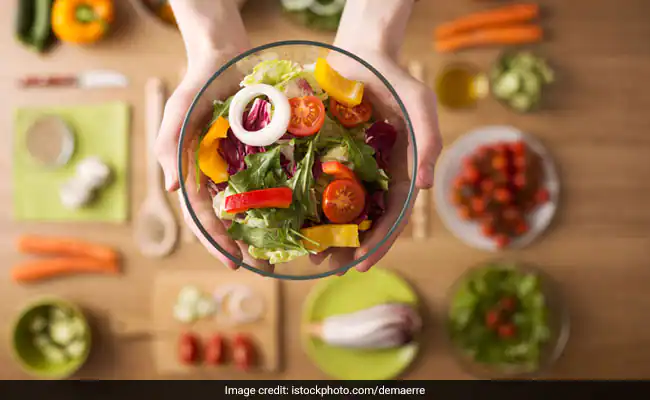
1. Vitamins and Minerals for Skin Health:
In addition to antioxidants and collagen-boosting nutrients, several vitamins and minerals are essential for maintaining vibrant skin:
a. Vitamin E: Found in almonds, sunflower seeds, and spinach, vitamin E helps protect the skin from UV damage and supports overall skin health.
b. Vitamin A: Foods like sweet potatoes, carrots, and leafy greens contain vitamin A, which can help repair and renew skin cells.
c. Zinc: This mineral is crucial for skin health as it aids in wound healing and supports the immune system. Incorporate foods like oysters, lean meats, and legumes into your diet.
d. Selenium: Selenium-rich foods like Brazil nuts and whole grains can help protect the skin from damage caused by free radicals and UV radiation.
2. Probiotics for Gut-Skin Connection:
There’s a growing body of research highlighting the connection between gut health and skin health. Probiotics, found in yogurt, kefir, and fermented foods, help maintain a healthy balance of gut bacteria. A balanced gut microbiome may lead to clearer and more radiant skin by reducing inflammation and supporting overall well-being.
3. Herbal Teas and Herbal Remedies:
Incorporating herbal teas into your daily routine can provide additional benefits for your skin. Herbal teas like chamomile and calendula have anti-inflammatory and soothing properties that can help with skin conditions such as eczema or irritated skin. Additionally, herbal remedies like turmeric and aloe vera can be used topically to address skin issues.
4. Dietary Restrictions and Allergies:
If you have specific dietary restrictions or allergies, it’s essential to adapt your diet to accommodate them while still prioritizing skin health. For example, individuals with gluten intolerance or celiac disease should opt for gluten-free grains like quinoa and rice. Consulting a registered dietitian can help you create a customized eating plan that considers your dietary needs and skin goals.
5. Consistency and Patience:
Improving your skin through diet is a gradual process that requires consistency. It may take weeks or even months to see noticeable changes. It’s essential to maintain a balanced and nutritious diet over time to reap the long-term benefits.
6. Seek Professional Guidance:
While diet plays a significant role in skincare, it’s not a one-size-fits-all solution. Skin issues can be complex, and what works for one person may not work for another. If you have persistent skin concerns or conditions, consider consulting a dermatologist or a registered dietitian specializing in skin health. They can provide personalized recommendations and treatments tailored to your unique needs.
In conclusion, a holistic approach to skincare involves not only external treatments but also mindful dietary choices. By nourishing your body with a well-balanced and skin-friendly diet, you can support your skin’s natural beauty, resilience, and overall health. Remember that perfect skincare is a journey, and the consistency of a healthy lifestyle, including diet, plays a vital role in achieving and maintaining radiant skin.
Conclusion:
Achieving perfect skin care isn’t just about external treatments; it starts with what you put into your body. A well-balanced diet rich in hydration, antioxidants, omega-3 fatty acids, and collagen-boosting foods can help you maintain healthy, glowing, and youthful-looking skin. By making mindful dietary choices, you can support your skin’s natural beauty and promote long-term skin health.
Check out our other blogs.

